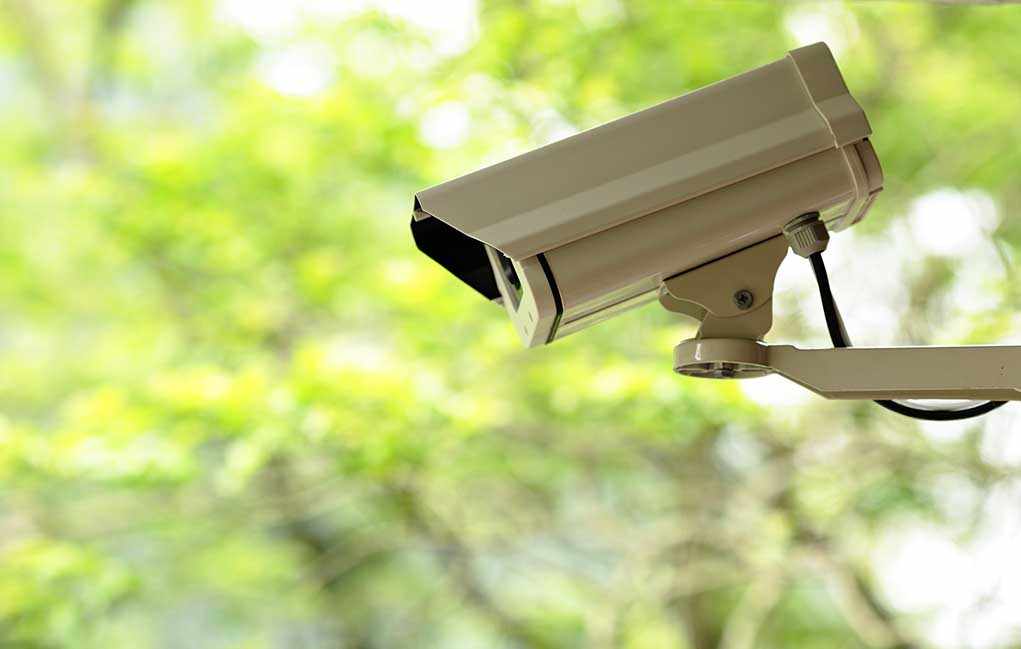
Corporate America is spending unprecedented sums on executive security after brazen attacks in Manhattan exposed alarming vulnerabilities, shaking public confidence in even the tightest business fortresses.
Story Highlights
- Two high-profile corporate officials were killed in separate Manhattan attacks, including a Blackstone executive, raising fears about executive safety.
- Major U.S. companies are rapidly increasing budgets for executive protection, hiring armed guards, and upgrading security systems.
- The incidents revealed serious gaps in security protocols at even the most prestigious office buildings, despite the presence of off-duty police and private guards.
- Experts warn traditional security is inadequate, driving demand for advanced, intelligence-driven protection measures and sparking debate over the impact on business culture.
Manhattan Killings Spur Security Spending Surge
On July 28, 2025, violence erupted at 345 Park Avenue, a symbol of American enterprise in Midtown Manhattan, when Shane Tamura, a 27-year-old from Las Vegas, entered the building and killed four people, including Blackstone executive Wesley LePatner, an NYPD officer, a private security guard, and a Cornell graduate. The shooter, reportedly targeting NFL offices in the building, left a note blaming the league for his traumatic head injury before taking his own life. Just as the workday ended, chaos spread through the lobby and elevators, despite the building’s robust security presence. This brazen assault followed another fatal attack on a corporate official in Manhattan, igniting unprecedented anxiety among business leaders and prompting firms to overhaul their approach to executive safety.
The attacks have forced some of the nation’s largest corporations—including Blackstone, KPMG, and the NFL, all tenants of 345 Park Avenue—to dramatically increase security spending. These measures range from hiring additional armed guards and off-duty police to implementing advanced threat monitoring and stricter access control. Industry insiders note a sharp rise in demand for private security firms offering cyber-physical threat intelligence, while building managers reevaluate emergency response protocols. New York City officials and the NYPD have responded by reviewing security standards for office buildings and boosting law enforcement visibility in major business districts, hoping to reassure both executives and the public.
Exposing Vulnerabilities in Corporate Security
Despite established security protocols—including private guards and off-duty law enforcement—the shooter’s ability to penetrate the building and move freely between floors highlighted dangerous gaps in corporate protection. The fact that such a tragedy unfolded in a supposedly secure environment rattled both Wall Street and Main Street, raising concerns about whether current security models can withstand evolving threats. The use of off-duty police for private security, once considered a reliable safeguard, is now under scrutiny as companies seek new strategies to protect their leadership. Investigators continue to look into the shooter’s motives and background, underscoring the challenge of anticipating unpredictable attacks fueled by personal grievances or mental health issues.
Security experts warn that traditional approaches are no longer sufficient. Many advocate for a layered, intelligence-driven defense that integrates physical security with real-time threat analysis and rapid response capabilities. However, some caution that an overemphasis on executive protection can create a fortress mentality, potentially alienating employees and the public while diverting resources from broader workplace safety. Legal commentators highlight the growing liability risks for companies that fail to safeguard their executives, further incentivizing robust investment in protection measures.
Broader Implications and Industry Response
The short-term impact of these incidents has been a palpable sense of fear among corporate employees and a visible increase in security measures at high-profile locations. In the long term, experts predict sustained spending on executive protection, changes to building access policies, and a shift in corporate culture around executive visibility and engagement. The security industry itself is experiencing a surge in demand, with firms investing in advanced surveillance, cybersecurity, and crisis management. Meanwhile, sectors such as real estate and insurance are reassessing risk models for high-profile clients, reflecting the ripple effects across the broader economy.
Politically, the attacks have reignited debates over public safety, mental health, and gun control in urban centers. While the immediate focus is on corporate security, some stakeholders argue that resources should also address the root causes of violence and provide holistic prevention strategies, including mental health services and early intervention. The events in Manhattan serve as a stark reminder that, despite record spending and sophisticated defenses, American business leaders—and the institutions they represent—remain vulnerable to unpredictable threats, underscoring the need for vigilance, innovation, and balanced policy solutions.
Sources:
CBS News New York: New York City shooting victim Wesley LePatner Blackstone
Politico Pro: Blackstone exec killed NYC shooting
Wikipedia: 2025 New York City shooting

